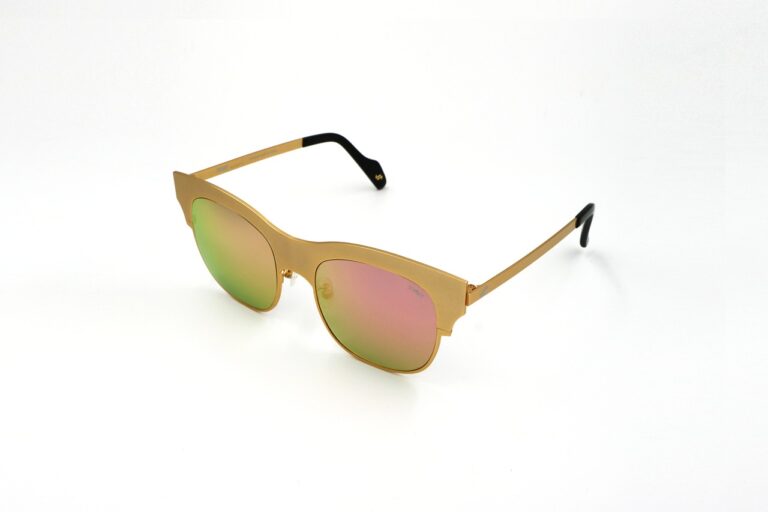Fashion Retailers’ Response to Sustainable Waste Recycling Technologies: 99 exch, Laser 247 com, Yolo 247 login
99 exch, laser 247 com, yolo 247 login: Fashion retailers around the globe are starting to take notice of the impact their industry has on the environment. With the rise of fast fashion and consumer demand for trendy clothes at affordable prices, the fashion industry has become one of the biggest contributors to waste and pollution. However, many retailers are now responding to this challenge by implementing sustainable waste recycling technologies into their business practices.
—
The Impact of Fashion Waste
In recent years, the fashion industry has come under increasing scrutiny for its contribution to environmental issues such as pollution and waste. According to the Environmental Protection Agency, the textile industry is the second largest polluter in the world, second only to the oil industry. Fast fashion retailers, in particular, have been criticized for their high turnover of products, which leads to a significant amount of waste being generated.
—
The Need for Sustainable Solutions
In response to these concerns, many fashion retailers are now exploring sustainable waste recycling technologies as a way to minimize their impact on the environment. These technologies encompass a variety of processes, from recycling textiles to creating new materials from old clothes. By incorporating these technologies into their business models, retailers can not only reduce their carbon footprint but also appeal to an increasingly eco-conscious consumer base.
—
Examples of Sustainable Waste Recycling Technologies
One example of a sustainable waste recycling technology is textile recycling, which involves turning old clothes and fabrics into new yarns or materials. This process helps to reduce the amount of clothing that ends up in landfills and also conserves resources by using existing materials. Another example is chemical recycling, which breaks down textiles into their chemical components to create new fibers without the need for virgin materials.
—
Benefits for Fashion Retailers
By implementing sustainable waste recycling technologies, fashion retailers can reap a number of benefits. Not only do these technologies help to reduce waste and pollution, but they can also lead to cost savings and increased brand loyalty. Consumers are increasingly looking for environmentally-friendly products, and retailers that show a commitment to sustainability are likely to attract a larger customer base.
—
Challenges and Opportunities
While the adoption of sustainable waste recycling technologies presents many opportunities for fashion retailers, there are also challenges to be overcome. One of the main obstacles is the cost of implementing new technologies and processes, as well as the need for investment in research and development. Additionally, retailers may face resistance from consumers who are not yet aware of the environmental impact of fast fashion.
—
Future Trends in Sustainable Fashion
Despite these challenges, the future of sustainable fashion looks promising. As more retailers embrace sustainable waste recycling technologies, the industry as a whole is moving towards a more environmentally-friendly model. Innovations such as 3D printing, biodegradable textiles, and closed-loop systems are likely to become more prevalent in the coming years, leading to a more sustainable and ethical fashion industry.
—
FAQs
Q: How can consumers support sustainable fashion?
A: Consumers can support sustainable fashion by shopping from brands that prioritize environmental and social responsibility, buying fewer but higher quality items, and recycling or donating old clothes.
Q: Are sustainable fashion brands more expensive?
A: While some sustainable fashion brands may be more expensive upfront, they often offer higher quality products that last longer, leading to cost savings in the long run.
Q: How can fashion retailers communicate their sustainability efforts to consumers?
A: Fashion retailers can communicate their sustainability efforts through transparent reporting, eco-friendly packaging, and marketing campaigns that highlight their commitment to the environment.
Q: What role can governments play in promoting sustainable fashion?
A: Governments can incentivize sustainable practices in the fashion industry through tax breaks, subsidies, and regulations that encourage recycling and reduce waste.
—
In conclusion, sustainable waste recycling technologies offer a promising solution for fashion retailers looking to reduce their environmental impact. By embracing these technologies and educating consumers about the importance of sustainable fashion, retailers can help create a more eco-friendly and ethical industry for the future.







